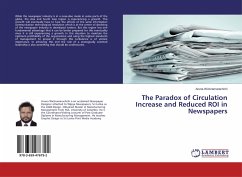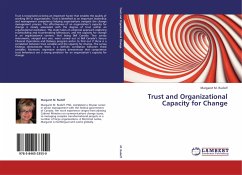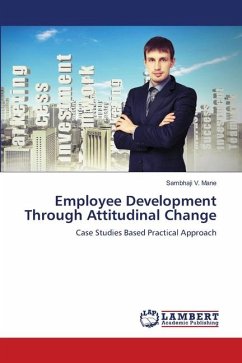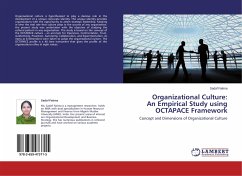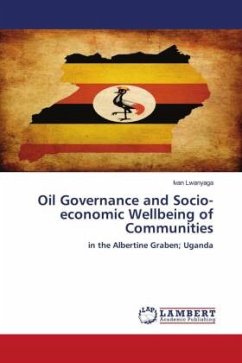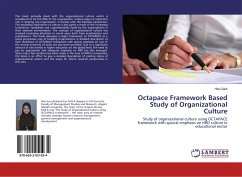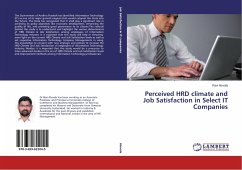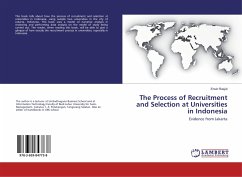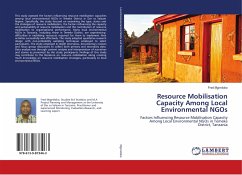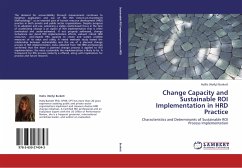
Change Capacity and Sustainable ROI Implementation in HRD Practice
Characteristics and Determinants of Sustainable ROI Process Implementation
Versandkostenfrei!
Versandfertig in 6-10 Tagen
52,99 €
inkl. MwSt.

PAYBACK Punkte
26 °P sammeln!
The demand for accountability through measurement continues to heighten application and use of the ROI (return-on-investment) Methodology as an essential part of human resource development (HRD) practice in both private and public sector organizations. Despite progress in its adoption and use, sustaining a viable results-based focus in the face of accelerating change is an aspect of ROI implementation that is often overlooked and under-estimated. If not properly addressed, change turbulence can derail ROI implementation efforts, exhaust critical HRD resources, and impede HR's capacity to creat...
The demand for accountability through measurement continues to heighten application and use of the ROI (return-on-investment) Methodology as an essential part of human resource development (HRD) practice in both private and public sector organizations. Despite progress in its adoption and use, sustaining a viable results-based focus in the face of accelerating change is an aspect of ROI implementation that is often overlooked and under-estimated. If not properly addressed, change turbulence can derail ROI implementation efforts, exhaust critical HRD resources, and impede HR's capacity to create and sustain credible measures of its value and utility. A mixed methods study tested the relationship between sustainability and the use of a planned change process in ROI implementation. Data collected from 140 HRD professionals confirmed that the more a planned change process is applied to ROI implementation, the more sustainable the implementation is likely to be. A framework for ROI process maturity is offered, along with implications for practice and future research.



